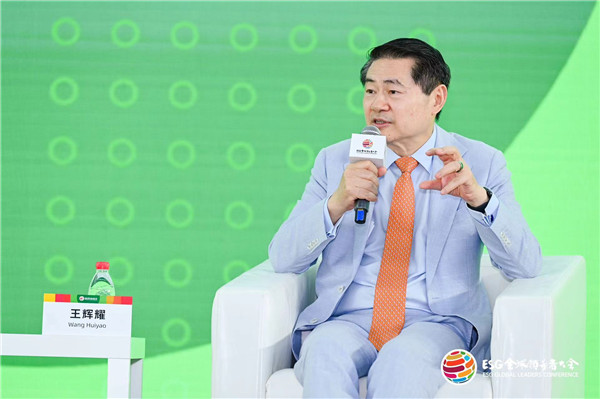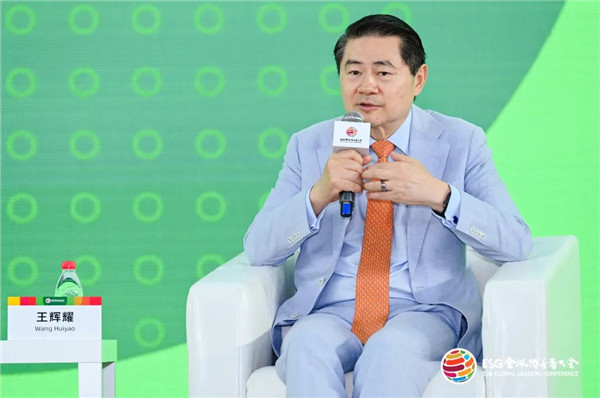China Daily: Professionals working overseas present good image
2014年8月7日Overseas Chinese are presenting a positive image of their motherland, as increasing numbers of them come from higher educational backgrounds and work in technological professions and management, according to a report on this growing group.
At least 85 percent of overseas Chinese professionals have master’s degrees or higher, and around 40 percent of them have doctoral degrees, said Wang Huiyao, president of the Center for China and Globalization and one of the authors of the report on overseas Chinese professionals this year.
Those ranging in age from 30 to 49 accounted for 64 percent of overseas professionals.
More than 5 million Chinese are currently distributed around the world. Among them, those with permanent residency or citizenship in foreign countries and with specialized knowledge were the focus of the report, Wang said.
The report, the first blue book on overseas Chinese professionals released by the China Academy of Social Sciences, shows that the group grew to around 4 million last year.
Sixty percent are living in the United States, followed by European countries at about 20 percent, or around 800,000 professionals.
"In addition to the information and technology industries, where there is usually a concentration of Chinese engineers, the group has now expanded to other fields, including finance, new energy and cultural and creative industries," Wang said.
More of them are willing to take part in politics, a trend showing that overseas Chinese professionals have blended into the societies where they live, he said.
These overseas Chinese professionals, with an understanding of both Chinese and foreign cultures, have shouldered more responsibility as unofficial ambassadors bridging China and other countries, said Xu Hongcai of the China Center for International Economic Exchanges. In negotiations with the US involving the value of the Chinese renminbi, there were initial misunderstandings, but thanks to some overseas Chinese, communications between the two sides became smoother, Xu recalled.
"The overseas Chinese professionals can be good private ambassadors for China and other countries," he said, adding that they can introduce a more accurate picture of China to foreigners.
But China’s strict passport requirements have become an obstacle hindering the return of professionals from China who became citizens of other countries.
Liu Ke, an expert introduced in the 1000 Talent Plan, said many such individuals are willing to come back, but get cold feet because of policies that treat them like other foreigners.
Liu suggested that for overseas professionals who are natives of China, the country should implement policies that are different from those for foreigners, so that they can return easily and contribute to the country.
The government should encourage them by providing more support in finance, social welfare and other necessary aspects, Liu said.(By Zheng Jinran)






